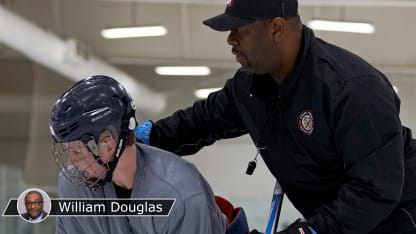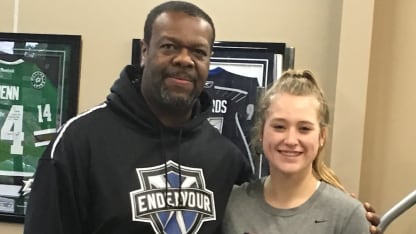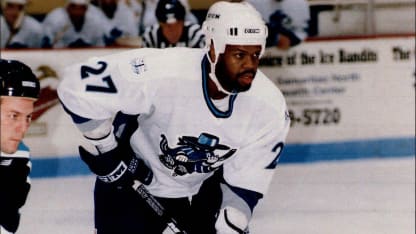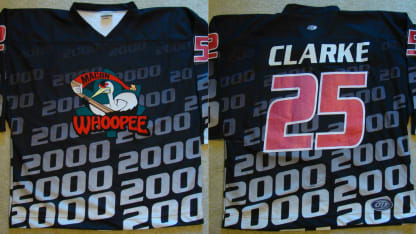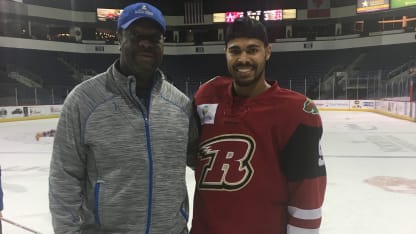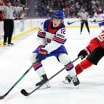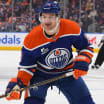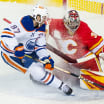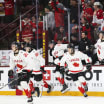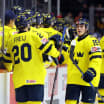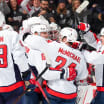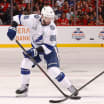"Cos is certainly one of the founding fathers of hockey in this area for sure," Stars director of amateur hockey and partnership development Lucas Reid said. "He and Dwight Mullins and those guys who came out of their (minor league) careers here at the same time, they certainly paved the way."
Clarke has added coaching coaches to his portfolio. In May, he became USA Hockey's coach-in-chief for the Rocky Mountain District, which encompasses Arizona, Colorado, Idaho, New Mexico, Oklahoma, Texas and Utah.
He oversees all facets of coaching education for the region and is responsible for putting a team together to execute and deliver coaching education at USA Hockey coaching levels one through four.
"After years of working with players, now I'm trying to get coaches to think about, 'All right, why are you designing your practices this way? what are you trying to accomplish?' " Clarke said. "We have good instructors out there that are showing passion and showing that there is a true love for the game, that the game is for anybody and we shouldn't exclude anybody from the game, coaching or playing."
